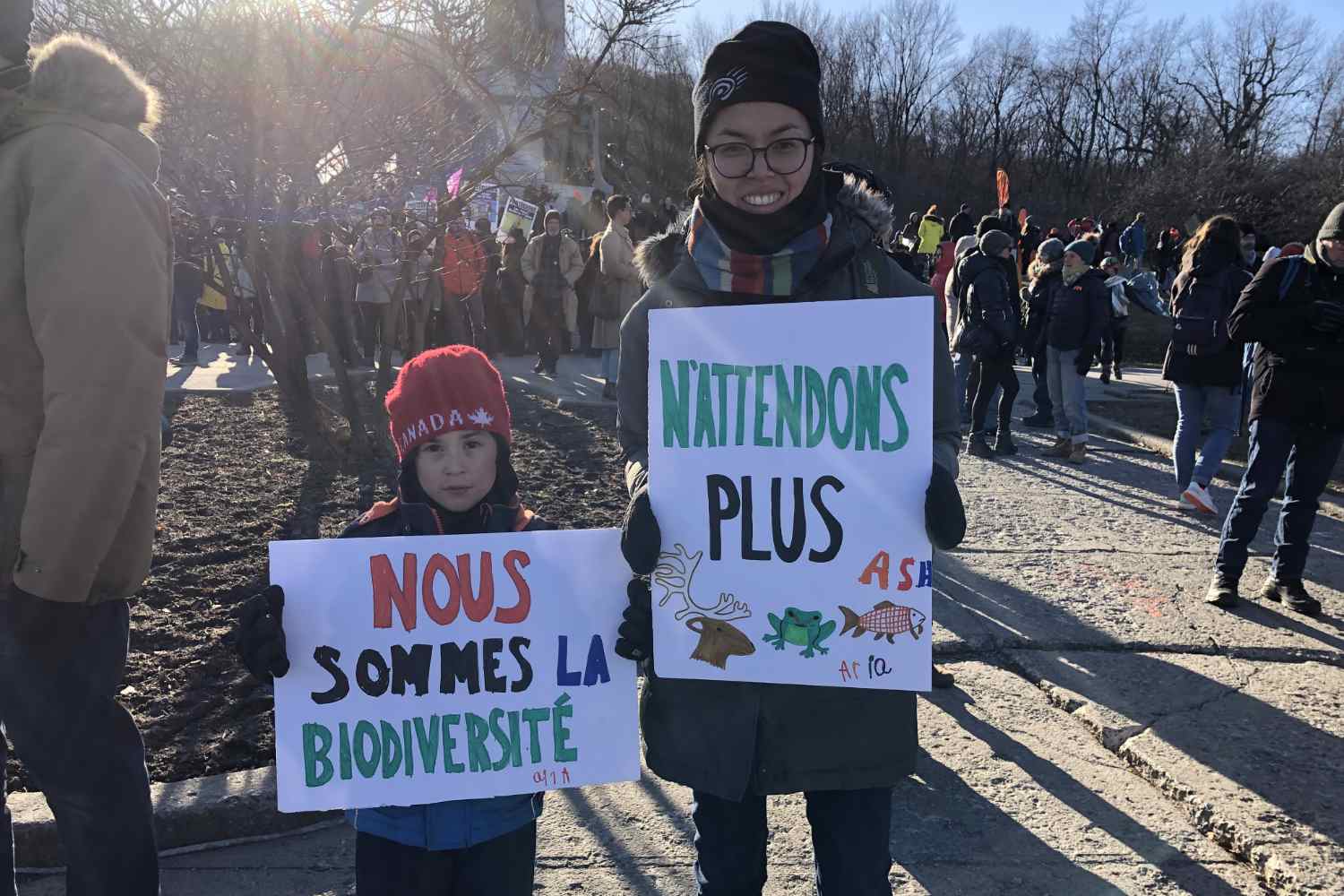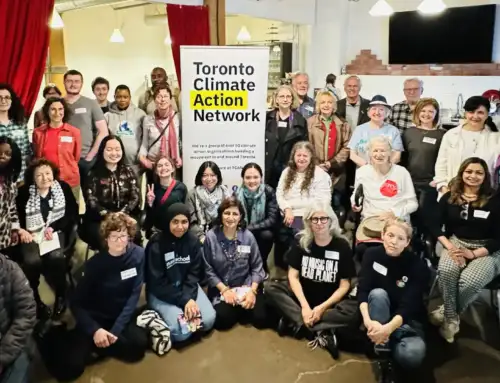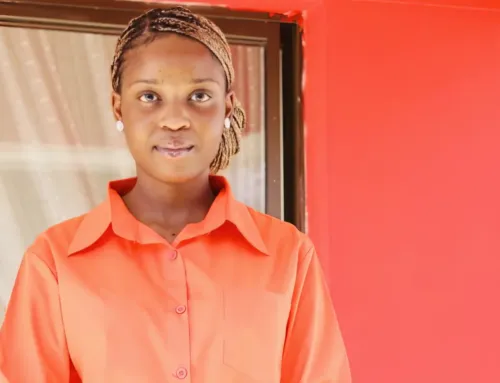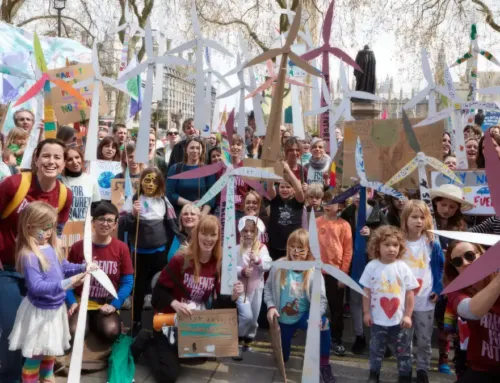STORIES
Jennifer Smith: “The air smelt like a campfire.” Forest fires and parent climate action in Canada
Jennifer Smith is a founding member and a lead organizer of Pour nos enfants / For Our Kids Montréal, a group of families dedicated to climate action, and Mère au front for her kids, Ash and Aria. She works as an editor in the sciences and is vice president of the board for the Canadian Parks and Wilderness Society. The ongoing forest fires in Canada starting in May this year have emphasized to her the need for more parents to participate in climate action.
For Our Kids began as a result of a question posted on an online parent group, which we mostly used to post stuff for sale or arrange meet-ups in parks. One parent asked if anyone else was really worried about the climate crisis? And several parents, including me, replied immediately – our response was “absolutely”. We formed a group from there. This was in 2019 and our first actual event as a group was preparing for the Global Climate March. We hosted an art event where people came and made posters with their kids, and we learned a song. And then we all marched together with half a million people in the streets of Montreal alongside Greta Thunberg.
My background is in biology, and I was always aware of climate change. It was only in 2014, however, when I joined the big People’s Climate March in New York City with thousands of people from around the world that it really hit me. I was pregnant at the time and I knew that my child would be directly impacted by climate change. Seeing all these people together marching for our future showed me the power of collective action. After that I would go to local marches on my own with a small child or two in tow. But it was only in 2019, when we formed this group that I really felt like I had agency and could make a difference.
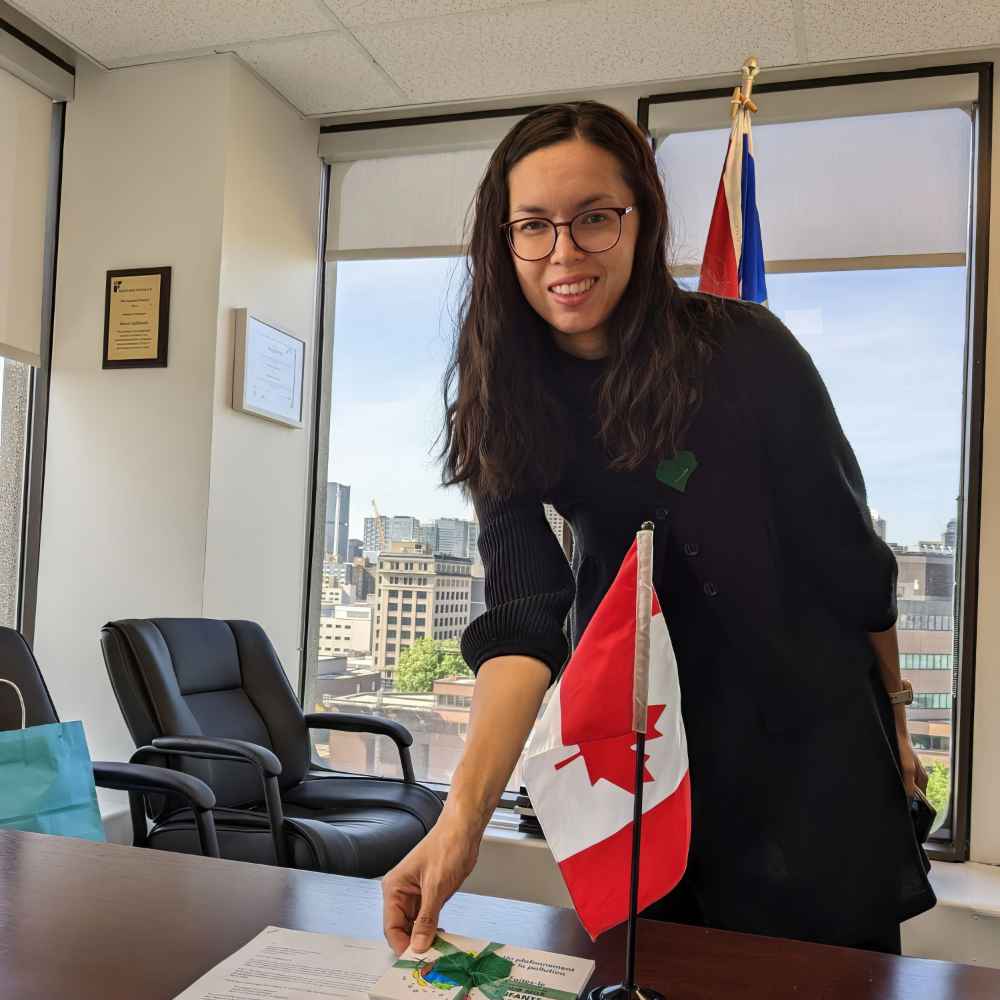
This summer has made our work even more important. Prior to this year, I don’t remember ever having to check the quality of air before going outside. And now I do it every day. Montreal, as a big city, does occasionally have smog warnings, mostly in the winter due to fireplaces. But the forest fires and the resulting air that we are experiencing now is not normal.
The fires didn’t begin all at once. In May, they began in Alberta. Some of my friends and family there were posting pictures of an orange sky and wrote about having to place towels underneath their doors to prevent the smoke from entering their homes. And then they started here in Quebec in early June. It was barely spring and it was already so dry that the fires could not be contained. And soon, before we knew it, more than 8 million hectares of forest had been burned across all of Canada. That’s more than the previous four years combined. This is the worst year ever recorded. It’s only the beginning of July and this could go on until September. These are boreal forests that hold about 12% of the world’s land-based carbon reserves. They’re home to our caribou and other wildlife, which are already threatened by decreasing forest cover and industry.
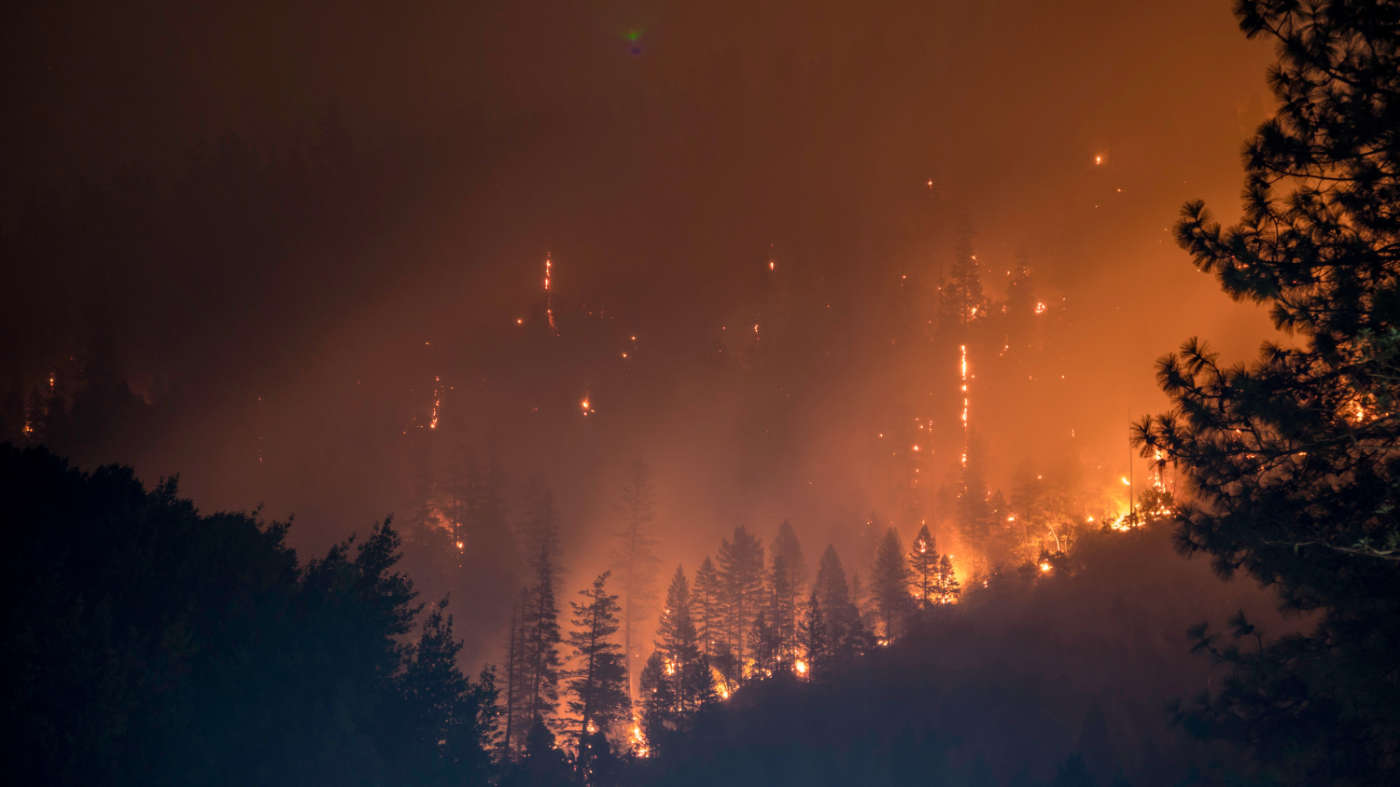
Late June was the worst for us so far. The air smelt like a campfire. It was yellow and hazy, and we felt like we were in a post-apocalyptic video game. You wake up in the morning, look outside, and you wonder “Is it safe to take my kids outside today?” Even though I was indoors most of the day, my eyes were burning, and my throat felt dry and sore. It was scary.
Most of our schools don’t have air conditioning. So if it’s hot and the air is bad outside, they can’t open the windows! The city shut down pools and other outdoor activities when it got really bad. They kept libraries open longer so that people could be in air conditioned spaces with a decent quality of air. On our worst day the AQI hit 350.
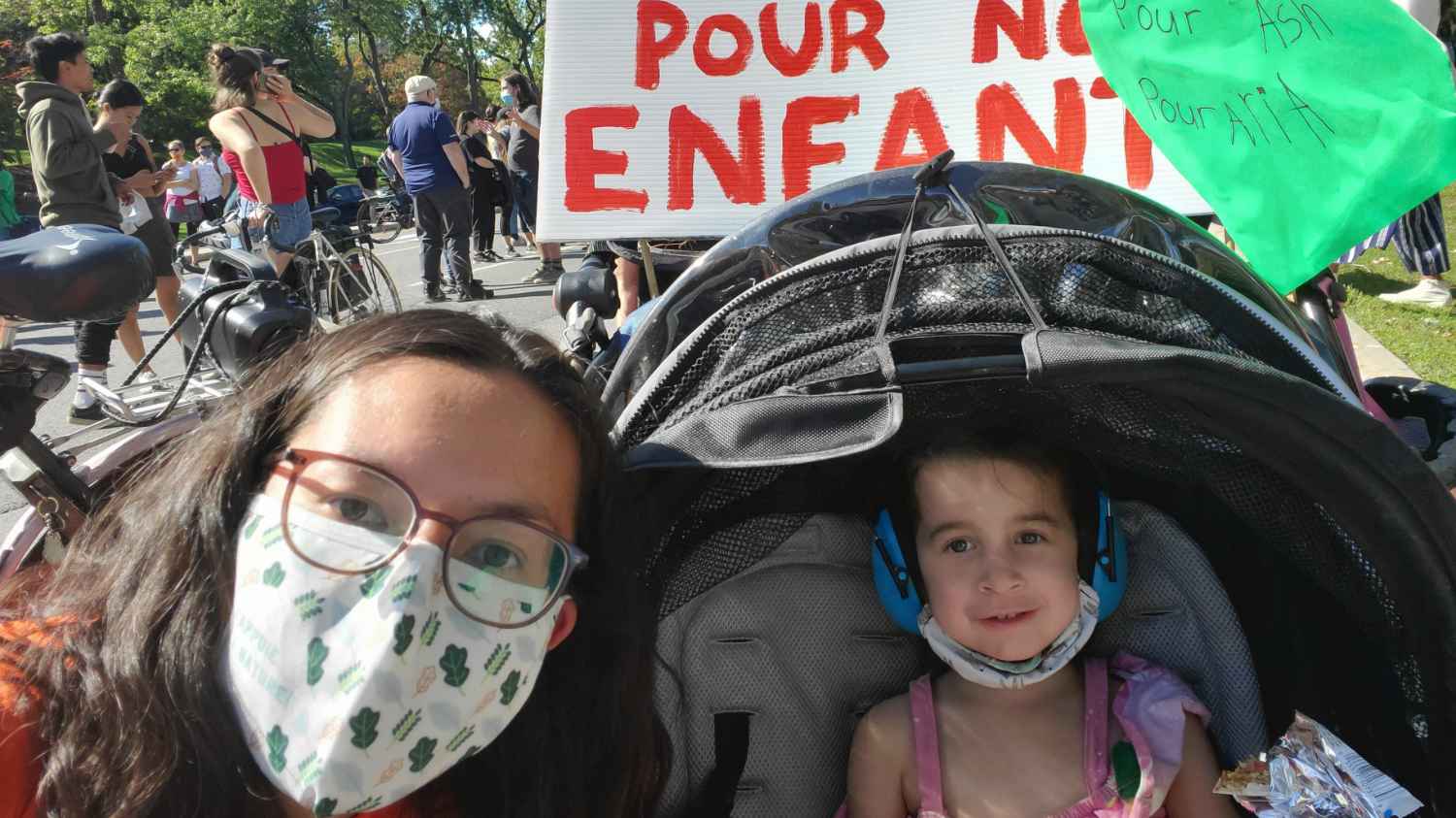
As a parent, I’m worried about the future of my children. My son is asthmatic. Where do I take him for fresh air now? I’m also devastated about the loss of our forests and wildlife and really furious that we have allowed it to get to this point. The people who have the power to bring change are still dragging their feet. The fires have also come at a time when Canada is releasing its National Adaptation Strategy for climate change, but it is not enough to simply “adapt” to climate change. Summers are getting much hotter already. Heat waves are more frequent and last longer. We also get intense rainstorms that are over quickly but cause flooding in basements in the city. We’re seeing things change very quickly and we need to move quickly too.
With all that’s going on, working with like minded families helps to keep hope alive. Our group is very supportive and inclusive – if anyone has an idea for an action, we all get on board and make it happen. In addition to attending marches and protests together, we use petitions, open letters, emails and meetings with politicians to push the urgency of acting and to push for policies that will make a big difference. We also engage in family friendly activities like tree-plantings, pollinator gardens, and art installations.
For example, for an activity at my daughter’s kindergarten class, my son read ‘Greta and the Giants’ to the class. And then we spoke about different ways we can help the planet. The kids talked about what they do as individuals, like picking up garbage and turning off the lights. And then, with this book, I explained that collective actions can also make a big impact. If many people march in streets like Greta or send messages or talk directly to the people who are making big decisions, they will have to listen. And so, they coloured in postcards for their Member of Parliament, Steven Guilbeault, the Minister of Environment and Climate Change, asking for a strong cap on oil and gas pollution. Afterwards, I delivered the postcards to his office, and within a week, he actually sent them a video response!
We need to end dependence on oil and gas, and any sort of funding or subsidization related to that. We also need to ensure a just transition off of fossil fuels for everyone, including our kids. It gives me hope that parents are realizing this and organizing themselves. We’re all looking for a good future for our kids. And the more people who speak up, the louder we’ll be and you can only ignore loud voices for so long!
